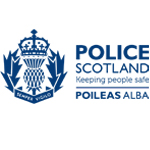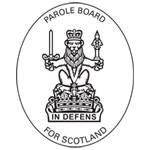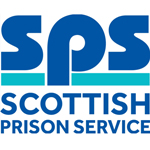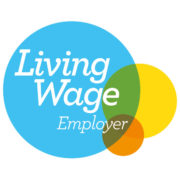Victims of hate crime need to have their voices heard
This article by our Chief Executive Kate Wallace argues why more must be done to support victims of hate crime.
By Kate Wallace, Chief Executive, Victim Support Scotland
This article first appeared in the Herald on 16th October 2024.
With recent statistics released by Police Scotland telling of a 63% increase in recorded hate crimes, and crimes against disabled people rising substantially, what does this say about Scotland’s society today and how victims of crime are perceived and supported?
Hate crime is one of the most dehumanising forms of abuse, targeting people for who they are due to race, religion, disability, sexual orientation, gender identity, and now age.
At VSS, our national helpline takes daily calls from people seeking support and advice about its devastating impact. Hate crime is, by nature, an attack on your sense of belonging.
Through the support we offer, we see the long-term impact of hate crime; on people’s self-esteem, on people’s confidence, on their sense of safety. The emotional and psychological toll of hate crime is profound and long-lasting. But one thing is clear: hate crime is a crime, and it is not something anyone in a modern and progressive Scotland should have to tolerate.
And all this underlines the need for high quality and trauma-informed support for victims, no matter at what point in their journey they are.
Looking closer at available statistics, recorded hate crimes have increased year on year since 2015, not including the growing epidemic of antisocial behaviour. Hate crime figures for 2022-23 were among the highest in the past decade, and that is without considering the many crimes that go unreported. Too often, victims of all crime types feel they have to stay silent, whether out of fear of not being taken seriously or because they believe nothing will change.
In April 2024, important and necessary changes to Scotland’s hate crime legislation came into force under the Hate Crime and Public Order (Scotland) Act 2021. Introduction of a stirring up hatred offence, adding age as a new protected characteristic and updated definitions for gender identity, are all crucial steps in recognising the diverse ways hate can manifest.
Unhelpfully, introduction of this legislation was shrouded in controversy. And while debate is healthy, all the furore distracted from the true intention of the legislation: real people were in real need of support due to the devastating impact of hate crime.
Legislation can only be effective when victims feel confident in reporting hate crimes, and unfortunately, stigma remains one of the biggest barriers. Many victims of crime worry they will not be believed or that speaking out will lead to further victimisation. But reporting hate crime is critical, not only for the individual but for society as a whole. It helps hold perpetrators to account and prevents future harm.
Hate Crime Awareness Week, (12-19 October) is a vital opportunity to raise awareness about the impact of these crimes and encourage people affected to come forward. It is a time to highlight the real stories of victims and remind everyone that help is available.
As a victim of hate crime recently and so eloquently told us:
“Hate crime has had a profound impact on many of us with traumatising effects and scars that will take years to heal. Through raising awareness of hate crime, hopefully we can put an end to these despicable and cowardly crimes.”
At Victim Support Scotland, we stand ready to assist anyone impacted by hate crime. If you have experienced hate-based abuse, you are not alone. We are here to offer support and ensure your voice is heard. Hate crime is never something you have to accept—and it is never something you should face alone.
If you have been impacted by crime, do not hesitate to reach out to Victim Support Scotland. We can offer you emotional, practical, and financial support. Call us on 0800 160 1985 or visit our website victimsupport.scot.











